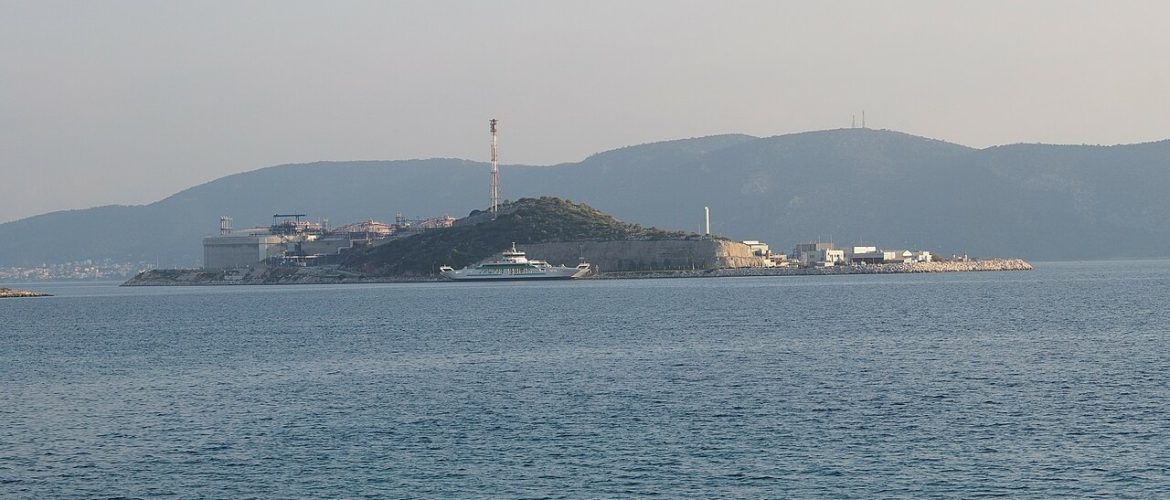In the midst of the most difficult period of the energy crisis, Greece proved that it can greatly reduce its dependence on gas, without returning to lignite, while consumers have now realized that fossil fuels are detrimental to both the environment and their pockets.
Since gas no longer has the momentum of the past at national and European level, Nikos Mantzaris explained with data to Gas Strategies’ journalist Kostya Tsolakis that one LNG plant is sufficient for Greece’s needs.
Reviewing the latest energy developments in Greece, he talked about the accelerated pace of the lignite phase-out in the last five years – even after Russia’s invasion of Ukraine – while for decades lignite dominated as the “national fuel”.
Moreover, Greece managed to reduce gas consumption by 19.2% in 2022 and 10.1% in 2023, while both at national and European level, the last two years have seen a strong growth of RES and self-production combined with a shift from fossil fuels to clean forms of energy.
The lessons of the energy crisis, as Nikos Mantzaris noted on the Gas Strategies website, can serve as a compass for even more ambitious fossil fuel decarbonisation policies in the European Union and Greece.
One of these policies for Greece should be the decarbonisation of industry and transport.
The article titled “The Green Tank: One LNG terminal is more than adequate for Greece’s gas needs” is available to read with a subscription here.



















































































































































































































































































































